George Reynolds has a thorough and thoughtful piece for the Guardian about where veganism started, currently is, and it’s future. I liked this bit that shows that vegans have always been dreamers:
Early attempts to establish a vegan utopia did not go well. In the 1840s, the transcendentalist philosopher Amos Bronson Alcott (father of the author of Little Women, Louisa May) founded Fruitlands in Harvard, Massachusetts – a vegan community intended to be nothing less than a second Eden. But Alcott’s insistence that crops had to be planted and fields tilled by hand meant that not enough food could be grown for all of the members (even though the population peaked at just 13); a diet of fruit and grains, typically consumed raw, left participants severely malnourished. Just seven months after opening, Fruitlands closed – derided, in the words of one biographer, as “one of history’s most unsuccessful utopias”.
In a universal setting, veganism has to be plausible. It’s easy to dream that nothing and no one will suffer for a meal, but controlling those conditions is nearly impossible. It doesn’t mean that shouldn’t be an ambition. It means there needs to be a realistic understanding of what can be done. Being vegan can never exist under perfect conditions. Heaven has to meet earth at some point.
One thing that veganism rarely approaches is what meat means to the people who consume it and where that approach came from:
There is no justification for the amount of meat we eat in western society. The resources that go into humanely rearing and butchering an animal should make its flesh a borderline-unattainable luxury – and, indeed, in the past, it was. Meat always used to be the preserve of the wealthy, a symbol of prosperity: “A chicken in every pot” remained an aspirational but impractical promise across the best part of a millennium, from the days of Henry IV of France (when the term was invented) all the way through to Herbert Hoover’s 1928 presidential campaign.
It was only through the technological advances of modern agriculture that meat became attainable and available at supermarket prices. From the mid-1800s onwards, farmers could raise animals bigger, better and faster than in the past; kill them quicker; treat their flesh to prevent it from spoiling; transport it further and store it longer. A commonly cited psychological turning point was the second world war, which engendered what Russell Baker, writing in the New York Times, later described as a kind of “beef madness”. GIs were sent to the front with rations of tinned meat; once peace had been declared, there was no better symbol of the brave new world than a sizzling celebratory steak. In the course of just over a century, meat went from unattainable luxury to dietary cornerstone; these days, we feel entitled to eat meat every day.
And it’s been interesting to see how meat-eating has become a part of politics and in some ways performative:
But “they’re taking our meat” is as evocative a rallying cry as “they’re taking our jobs” or “they’re taking our guns” – it conveys the same sense of individual freedoms being menaced by external forces, a birthright under attack. Ted Cruz (wrongly) alleged that his Democrat rival Beto O’Rourke planned to ban Texas barbecue if elected senator in his place: like the personal firearm, animal flesh has become an emblem of resistance against the encroachments of progressivism, something to be prised from your cold, dead hand. Men’s rights advocate Jordan Peterson is famed for following a beef and salt diet; Donald Trump is renowned for his love of fast food and well-done steak with ketchup; there is even a subset of libertarian cryptocurrency enthusiasts who call themselves Bitcoin carnivores.
With the massive inroads that veganism has made in the last few years, it’s important to recognize it still has a long way to go:
Sales may be growing fast, but they are barely making a dent in the $1.7tr global market for animal-derived protein. Certainly, a change of culture will not happen without the involvement of government, industry and science; as the past few years have shown, widespread change is also unlikely to happen without a fight. This makes the current field of conflict an unfortunate one – in the real world, we can practise moderation, emotional flexitarianism.
Emotional flexitarianism is a beautiful turn of phrase and absolutely the way we all must approach each other.
